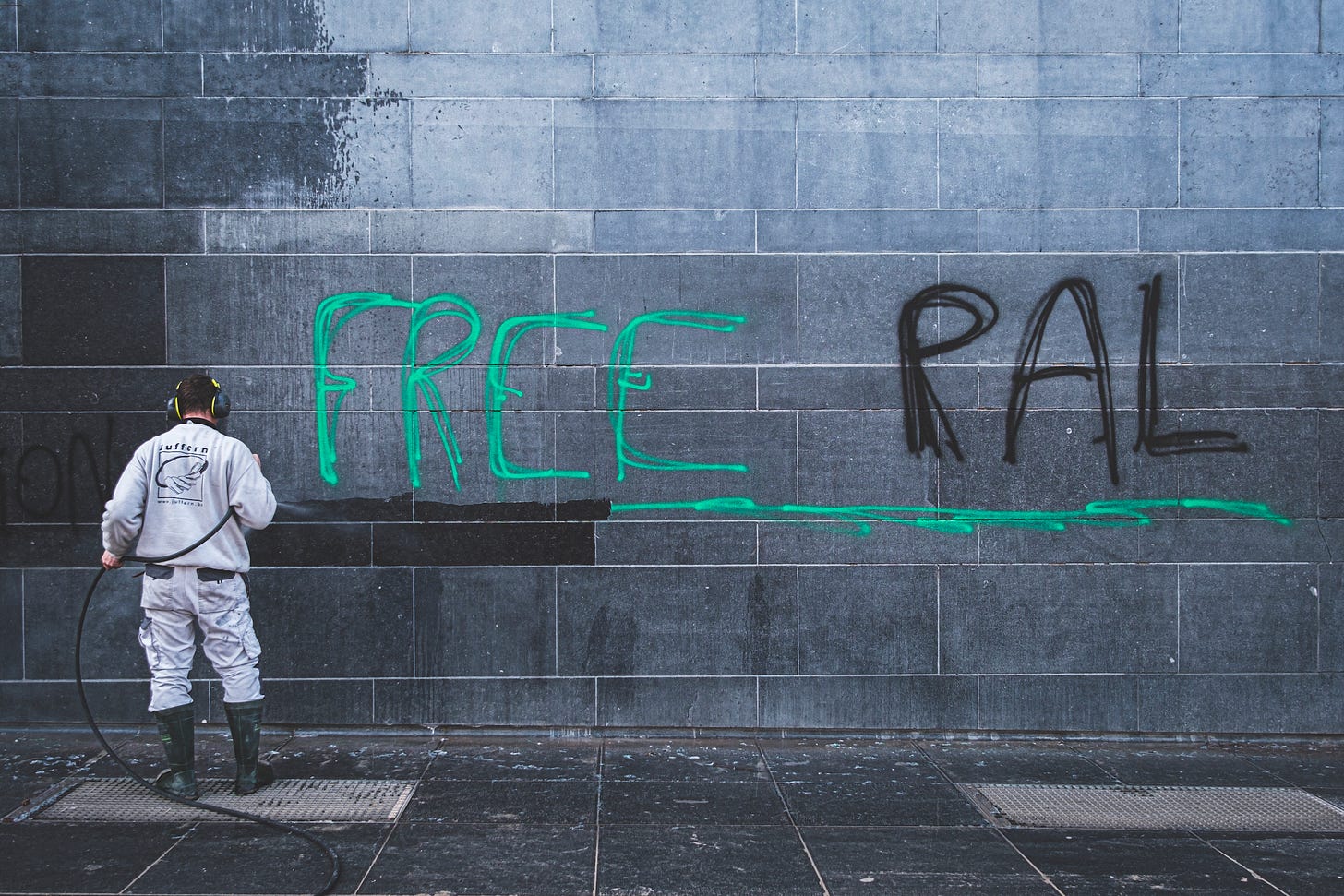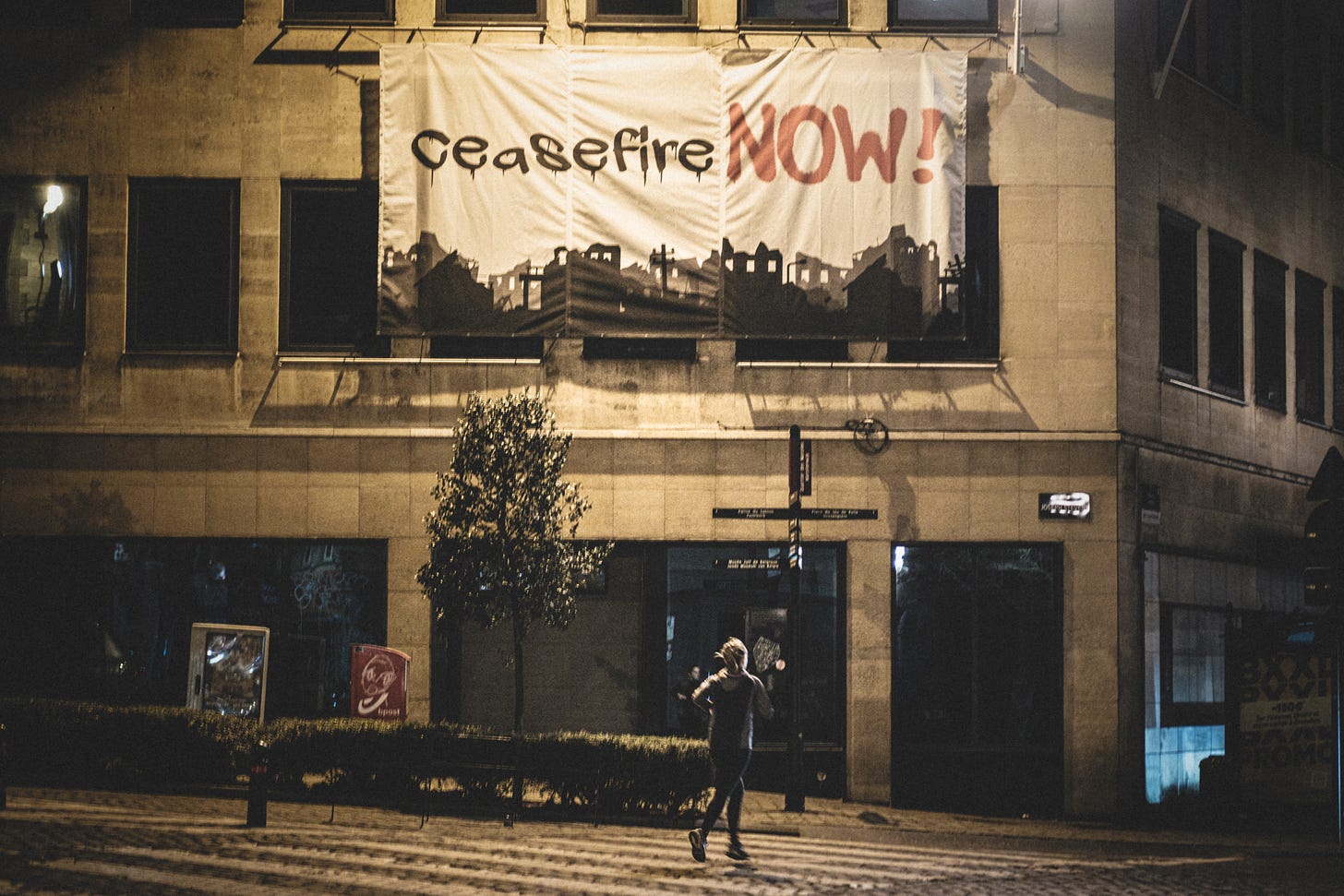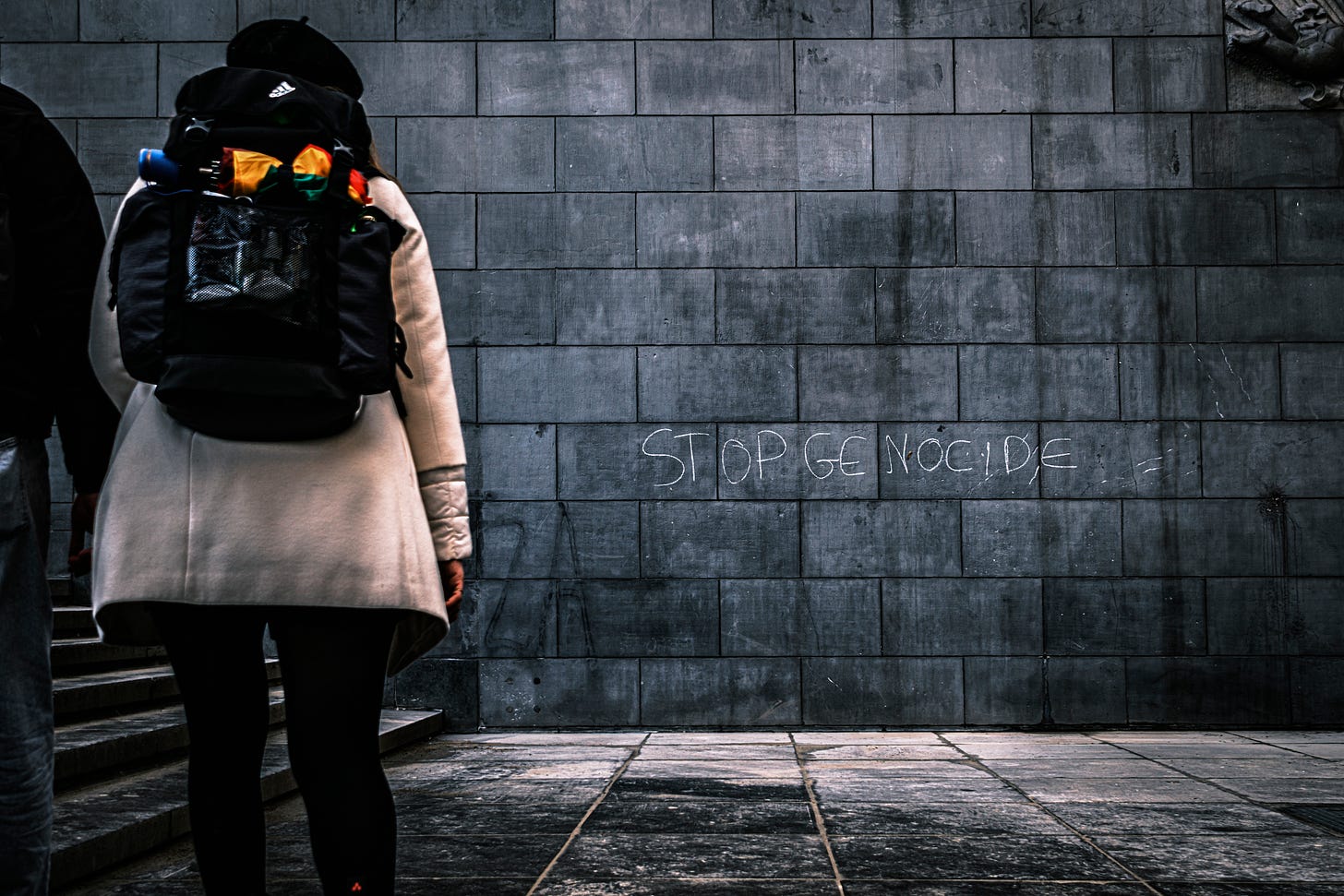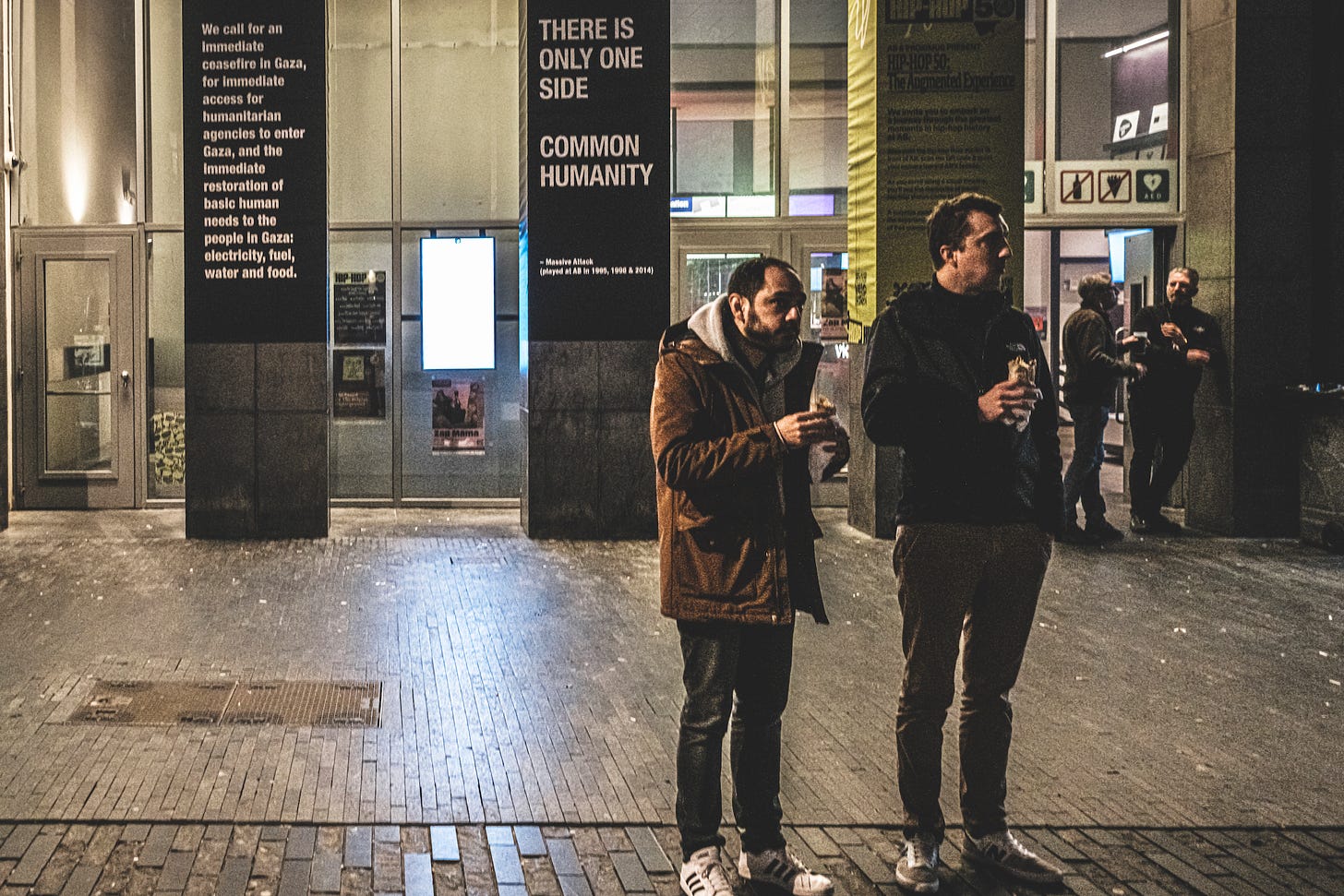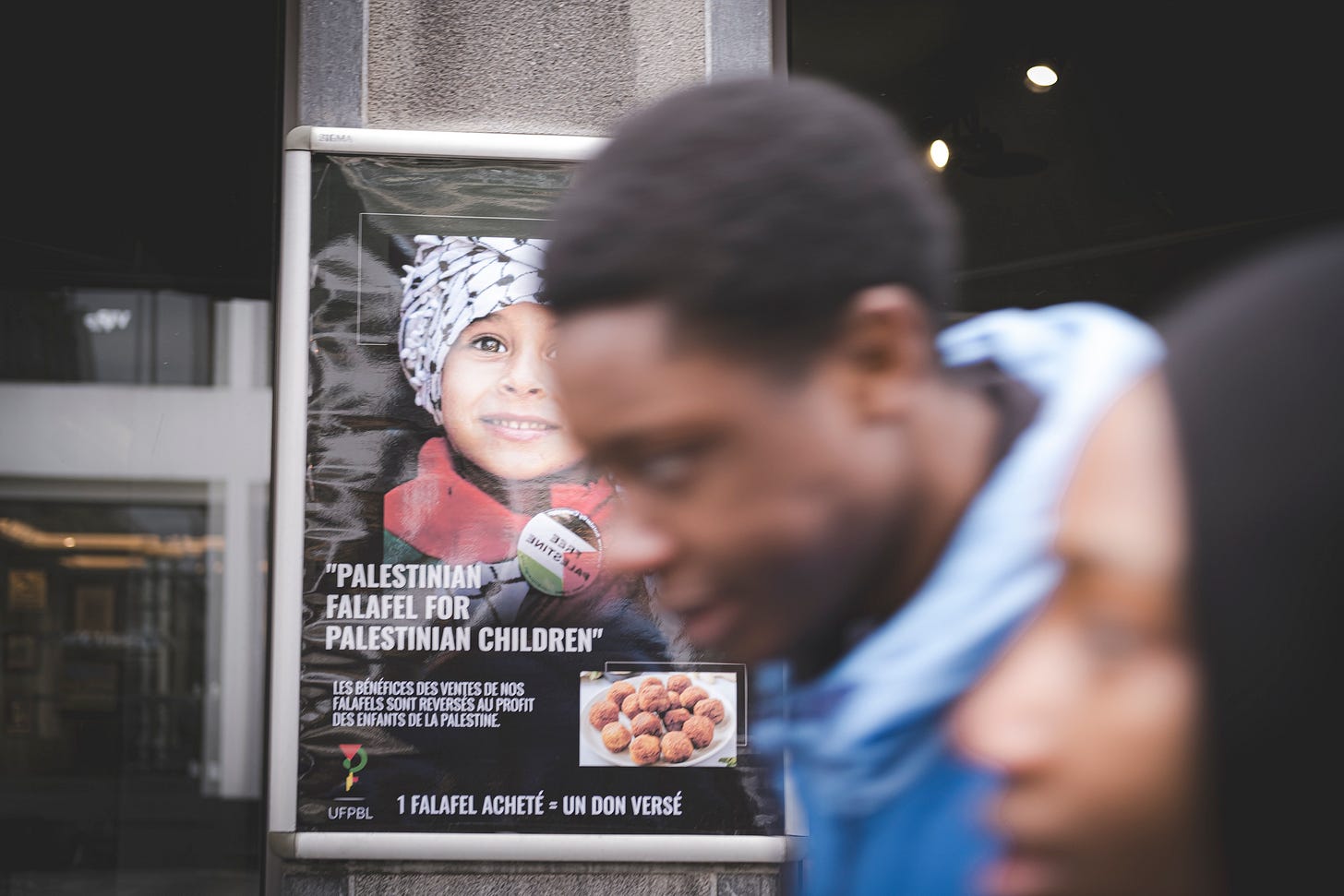When the Press Fails
Aperture Priorities Contact Sheet #10
By Joel Schalit
I'm not a defence correspondent. But for six years, I edited military reporting for Israeli media.
The work came naturally. Like many journalists from Israeli families, I had enough personal experience to start the job.
The rest was learned through work. Not that there was much to figure out except the editorial requirements.
The final two years, reviewing articles on rising clashes in the West Bank, it was clear something bigger was on the way.
Not one of the IDF's periodic campaigns in Gaza but a proper war along the lines of the first Lebanon conflict in 1982.
Content I worked on about army operations in Nablus and Jenin made me concerned an unprecedented response was forthcoming.
Not the firing of rockets on Israeli cities, like the May 2021 war, but something more destabilising that would surprise us.
That war turned out to be the 7 October attacks, the so-called Iron Swords War, or Sukkot War, as El País dubbed it.
The only thing about it that surprised me was the timing. Not the savagery of the killings and the kidnappings.
As someone who lived through the Al-Aksa Intifada, I couldn't believe how many of us had forgotten the suicide bombings.
The attacks on pizzerias and discos, and wedding parties, were astonishingly brutal. 7 October felt very much the same.
Watching Israeli television news for the last four months has been especially instructive.
The rightward tilt of the more journalistic broadcasters, such as Channel 12 and 13, has been particularly discernible.
There's no pretence to an independent perspective on the war. They all support it but allow disagreement on the hostages.
"Mechablim, mechablim," (Terrorists, terrorists), a clip features a soldier saying in Gaza. "That's all they have here."
Then comes the advert: Soldiers returned from fighting with their American assault rifles, getting saluted by civilians on every corner.
I get it. The country is traumatised, and the press is managing the horror this way. But it's politics, not journalism.
Spending last week working in Brussels, I just so happened to get a hotel room in an Arab neighbourhood with Channel 12.
Naturally, the area is up in arms about the war and is replete with graffiti and street art protesting against the conflict.
I spent my free time watching Israeli news and photographing what I saw. It was a moving experience.
For the first time since 7 October, I felt like I was getting both sides of the conflict: one from the street, the other, TV.
It was like the perfect newspaper, designed precisely for me. The balance was more important than the content.
In a war that’s as much about media as it is territory, that’s a victory
****
Photographs courtesy of Joel Schalit. All rights reserved.


